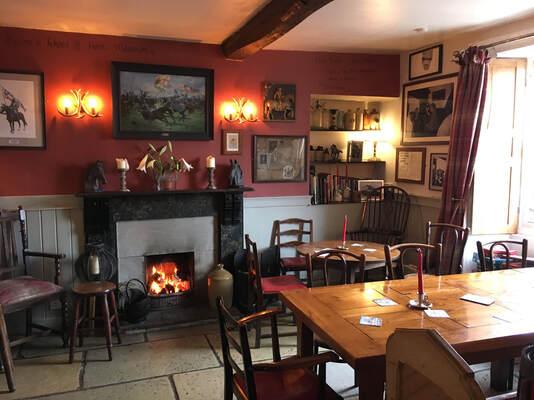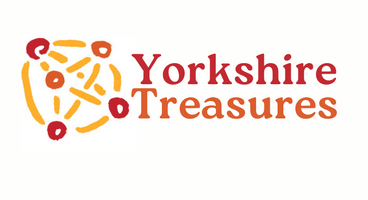
Ever thought about the origin of games played in traditional English pubs? Some are centuries old and even the ones we think of as being very English often came from overseas. Darts dates back to medieval times, when it was an indoor version of archery. It's thought that originally the target would have been the end of a barrel. The metal darts with a 'flight' on the end would have once used real feathers.
Dominoes is considered a very English game but its origins are more exotic. There's evidence of a similar game being played in China as early as the 12th century. Travellers are believed to have introduced the game to Italy and eventually to France and England. A single domino was found in the wreckage of the 16th Mary Rose ship although there are no records of people playing dominos in England until the 18th century. Some believe it was brought here by French prisoners or war.
Another popular pub game is cribbage, said to have been invented by the poet, Sir John Suckling in the early 17th century. He was also a well-known scoundrel (isn't that a wonderful word?!), and earned around £20,000 (the equivalent of about £4million now) playing cribbage with aristocrats around England. He may have falsely taken credit for the creation of cribbage as some historians say it's simply a development of a Tudor game called Noddy.
Quoits is an outdoor game, sometimes known as 'horseshoes', which involves throwing horseshoe-shaped rings at a pin usually staked in the ground. It's easy to imagine travellers idling outside pubs of yore, challenging each other to games of skill using horseshoes that would have been routinely cast off. It may however have even earlier origins as quoits are said to have been similar to a discus. The game could even have been played by the ancient Greeks. There's a suggestion that the Greeks passed on the game to the Romans and from there it came to England.
Whatever the origins of these games, you can find them in many Yorkshire pubs. But you may need a beer or two to help contemplate their history...
